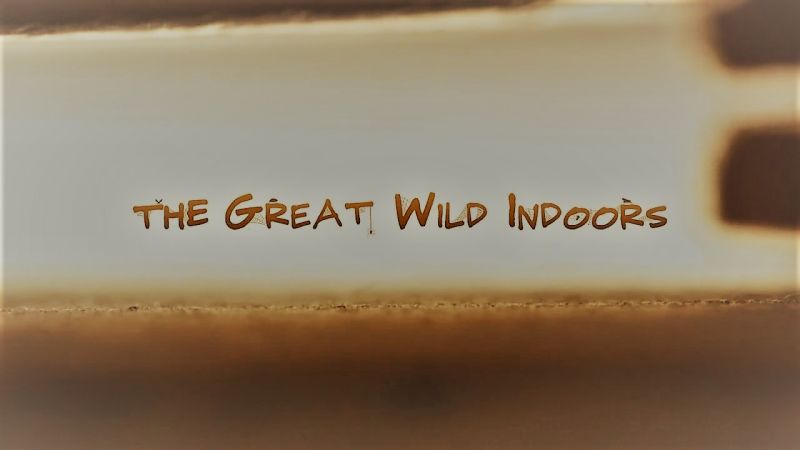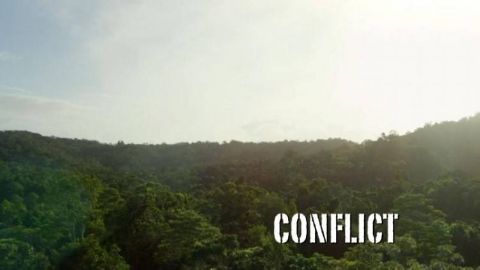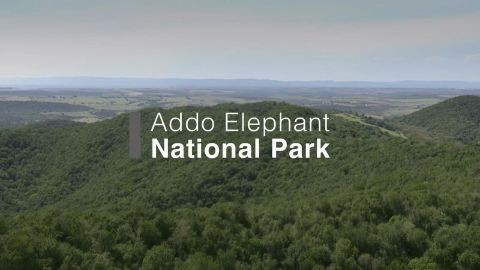Crowded Skies • 2016 • episode "S1E3" • Life in the Air
With the help of some surprising creatures from around the world, this series sets out to discover how animals take to the air, defying the force all airborne animals must conquer, gravity. Part 3: Crowded Skies This episode features a creature that creates sound out of thin air with the world's fastest courtship display and arguably the world's most aggressive bird. In a South American jungle, there's 'hunt and evasion' flying during the night, as bats and moths fight for the upper hand in one of the world's oldest arms races. Plus a camera films a giant flock to unlock the secrets that keep half a million birds from colliding in the same air space.
Make a donation
Buy a brother a hot coffee? Or a cold beer?
Hope you're finding these documentaries fascinating and eye-opening. It's just me, working hard behind the scenes to bring you this enriching content.
Running and maintaining a website like this takes time and resources. That's why I'm reaching out to you. If you appreciate what I do and would like to support my efforts, would you consider "buying me a coffee"?
Donation addresses
BTC: bc1q8ldskxh4x9qnddhcrgcun8rtvddeldm2a07r2v
ETH: 0x5CCAAA1afc5c5D814129d99277dDb5A979672116
With your donation through , you can show your appreciation and help me keep this project going. Every contribution, no matter how small, makes a significant impact. It goes directly towards covering server costs.








